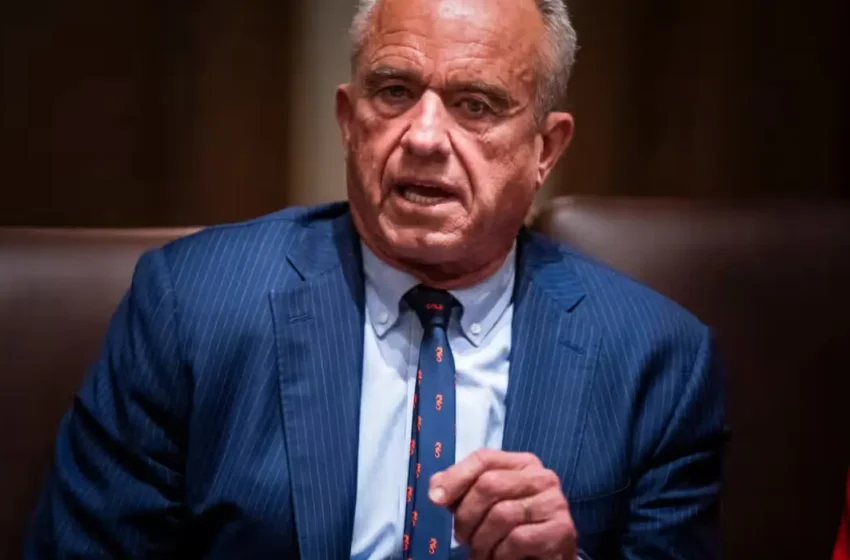
Washington (Europe Brief News): Public health and civil rights groups call on RFK Jr. to reconsider proposed layoffs in health agencies, warning of major risks to public health infrastructure.
Concerned about tobacco laws, a number of prominent public health, medical, civil rights, educational, and community organizations wrote to U.S. Health Secretary Robert F. Kennedy Jr., pleading with him to reevaluate recent government body reorganizations.
The National Medical Association, Americans for Nonsmokers’ Rights, and the American Association for Cancer Research were among the 87 groups that signed the letter, which was dated May 21.
A federal judge’s decision to prevent widespread layoffs by federal agencies, including the termination of 10,000 employees from the U.S. Department of Health and Human Services, was recently appealed by the Trump administration.
“We fear that the recent cutbacks will halt and even reverse the decades of progress our nation has made in reducing the use of lethal and addictive tobacco products,” the letter from the organizations said.
According to the letter, the reorganization will have an impact on how the Food and Drug Administration and the Centers for Disease Control and Prevention’s Office on Smoking and Health regulate tobacco products.
What are the public health groups urging RFK Jr. to halt the layoffs?
Thousands of workers at organizations including the CDC, FDA, NIH, and CMS are being laid off, endangering vital initiatives for managing chronic diseases, tobacco control, illness prevention, and lead poisoning prevention.
Organizations worry that the loss of knowledge and capability inside these organizations would impede or reverse decades of progress in tackling other public health concerns and lowering tobacco use.
Programs like Medicaid coordination and lead poisoning prevention that assist low-income, minority, and chronically ill populations may be cut, depriving these people of proper support and treatment access.
The loss of skilled employees and the closure of specialist offices will make it more difficult to respond to outbreaks, guarantee the safety of food and medications, and uphold public health protections.


